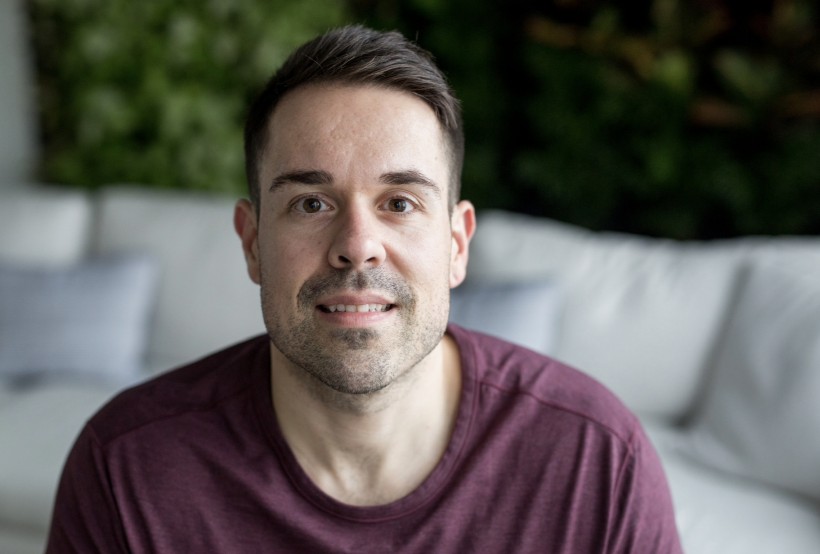Rise, the Fredericton B-Crop specializing in sustainable home renovation materials, reached $3 million of revenue in its second year of sales and hit break-even.
The progress comes as Rise looks to concurrently raise $850,000 from angel investors and another $3 million of venture capital financing, CEO Matt Daigle said in an interview Thursday.
The company hit the revenue milestone in June, which marked the end of its second year of sales. The growth comes in the wake of a pivot by Rise from offering an online database of information about sustainable building materials to a model whereby the company curates and sells a range of eco-friendly products via its e-commerce shop.
“Our readers kept telling us, ‘Hey, you’ve got me convinced on this product or material, but where do I buy it?”’ said Daigle. “It was staring us in the face — this huge market that no one’s really claimed.
“It’s a little bit like walking into the grocery store. For me, I go straight to the health food section because I know those products are better for me … But the same thing doesn’t exist in a hardware store yet, and that’s really where Rise is.”
For example, Daigle added, homeowners are often keen to purchase products that contain fewer hazardous chemicals, both for reasons of environmental responsibility and to protect their own health.
When a customer places an order on Rise, the product is shipped straight from the manufacturer, rather than via a centralized distribution centre like most e-commerce marketplaces — “drop-shipping,” as Daigle described the process.
One advantage to the model is it eliminates the logistical headaches that would be associated with building a new distribution network for large items like refrigerators and range hoods. And because Rise has a pre-existing relationship with the manufacturers, Daigle said his team is also often able to help with customer support.
In the two-and-a-half years since Rise launched its marketplace, the company has added products from about 200 manufacturers to its list of offerings, equating to about 11,000 products, with another 30 deals in the works.
The $3.85 million total that Rise is currently seeking in equity funding will go towards a sales push, with advertising having so-far proven to be a consistent driver of revenue, though Daigle plans to stop relying exclusively on Google ads and instead diversify into other channels, like social media.
“We know for every dollar we put in, we get five dollars out,” he said. “So putting advertising dollars to work is our chief priority, and then after that, it’s adding support for the orders that come as a result.”
To that end, Daigle also plans to grow Rise’s currently four-person team. While buyers can shop with Rise throughout North America, he plans to continue hiring in Atlantic Canada, with the exception of a customer support person on Mountain or Pacific time.
Fortune Business Insights, a global market research company based in India, estimates the worldwide green building materials market to be worth C$570 billion, with much of that money flowing towards high-income countries like Canada and the U.S. It projects that figure will grow at a rate of more than 12 percent annually for the rest of this decade.
“Generally speaking, homeowners are more aware and smarter than ever when it comes to what goes into their home,” said Daigle. “They care about, ‘What’s actually going inside my wall? Am I just putting regular fibreglass (insulation) in there, or am I going to hyper-insulate my house so I don’t have these crazy power bills?’
“That’s what’s driving the market.”










